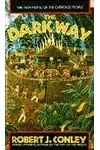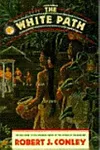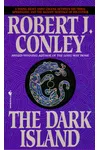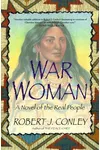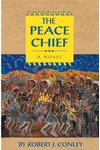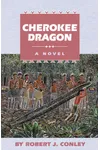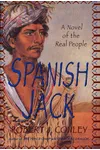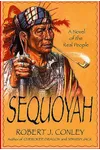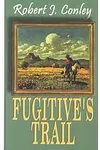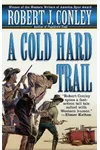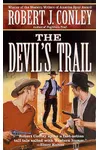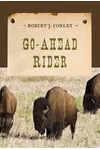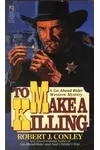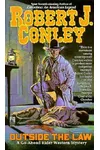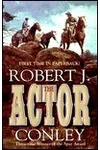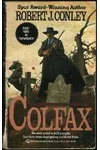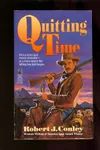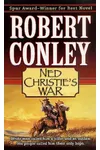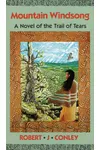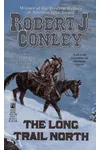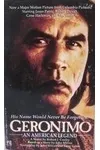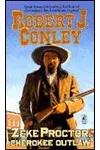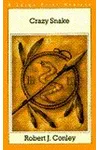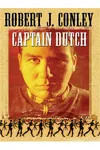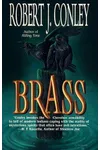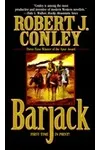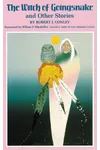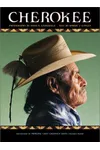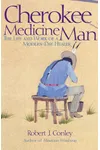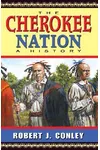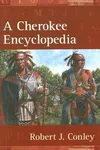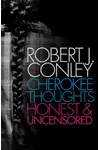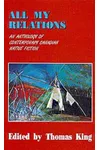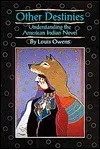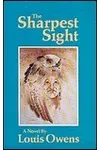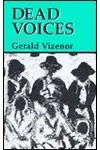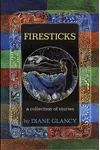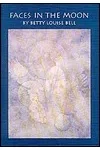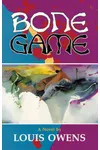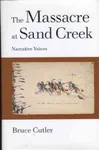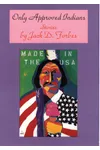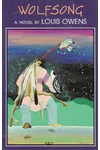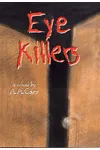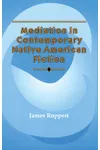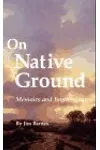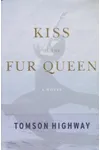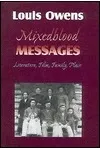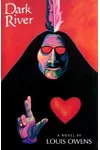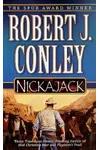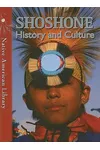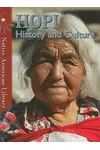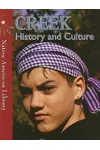Picture a Cherokee storyteller who spun tales of the Old West with a Native twist—meet Robert J. Conley! Born in 1940 in Cushing, Oklahoma, this award-winning author brought Cherokee history and culture to life through over 80 books. With a sharp wit and a passion for truth, Conley broke barriers as the first American Indian to lead the Western Writers of America, leaving a legacy that still captivates readers.
Conley’s work wasn’t just about storytelling; it was about setting the record straight. From novels to poetry, he wove Cherokee traditions and historical figures into narratives that challenged stereotypes, earning him accolades like the Owen Wister Award for Lifetime Contributions to Western Literature in 2014.
The Making of Robert J. Conley
Robert J. Conley grew up in Oklahoma, a member of the United Keetoowah Band of Cherokee Indians. After high school in Wichita Falls, Texas, he earned a B.A. in Drama and an M.A. in English from Midwestern University. His early career included teaching at institutions like Eastern Montana College and serving as assistant programs director for the Cherokee Nation. But it was a spark of anger over misrepresentations of Cherokee hero Ned Christie that launched his writing career, leading to his debut novel, Back to Malachi, in 1986.
Conley’s diverse experiences—Marine Corps Reserve service, academic roles, and deep Cherokee roots—shaped his unique voice. He wasn’t just a writer; he was a mentor, helping found the Wordcraft Circle of Native American Writers to nurture indigenous voices.
Robert J. Conley’s Unforgettable Stories
Conley’s bibliography is a treasure trove of Cherokee-focused narratives and Westerns. His Real People series, a multi-volume saga, dives into pre-contact Cherokee life with vivid characters and gripping plots. The Dark Island (1995), the sixth book, won a Spur Award for its rich depiction of Cherokee struggles. Similarly, Nickajack (1992) earned another Spur for its compelling take on Cherokee history during the Civil War era.
His short story “Yellow Bird: An Imaginary Autobiography” (1988) also snagged a Spur Award, showcasing his knack for blending folklore with emotional depth. Mountain Windsong: A Novel of the Trail of Tears (1992) captures the heartbreak of Cherokee displacement with a timeless love story, praised for its authenticity. Conley’s style was plot-driven, infused with Cherokee oral traditions, and always grounded in historical accuracy, making his works both entertaining and educational.
Beyond fiction, Conley penned nonfiction like The Cherokee Nation: A History, lauded as a definitive work and named an Outstanding Academic Title by the American Library Association in 2005. His dry humor and vivid characters made every story, whether a Western or a Cherokee tale, unforgettable.
Why Robert J. Conley Matters
Conley’s impact on Native American and Western literature is profound. As a trailblazer, he challenged the Western genre’s norms by centering Cherokee protagonists, paving the way for other indigenous writers. His leadership in the Western Writers of America and his role as Sequoyah Distinguished Professor at Western Carolina University amplified Cherokee voices in academia and literature.
His legacy lives on through awards, like the Cherokee Medal of Honor, and his mentorship of emerging Native writers. Conley’s work continues to educate and inspire, offering readers a window into Cherokee resilience and culture. His passing in 2014 left a void, but his stories remain a vibrant testament to his genius.
- Born: December 29, 1940, Cushing, Oklahoma
- Key Works: Real People series, Mountain Windsong, The Cherokee Nation: A History
- Awards: Owen Wister Award (2014), three Spur Awards, Cherokee Medal of Honor (2000)
- Died: February 16, 2014, Sylva, North Carolina
Snag Mountain Windsong or dive into the Real People series to experience Robert J. Conley’s vibrant Cherokee world! His tales of history, humor, and heart are waiting to captivate you.

